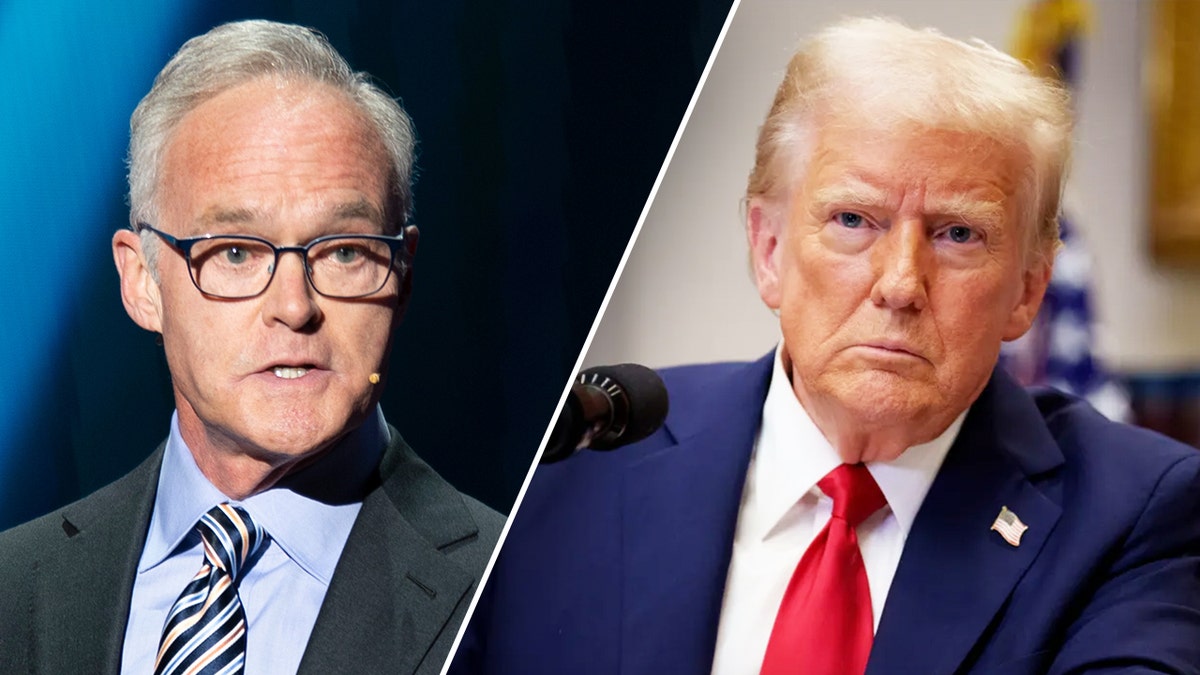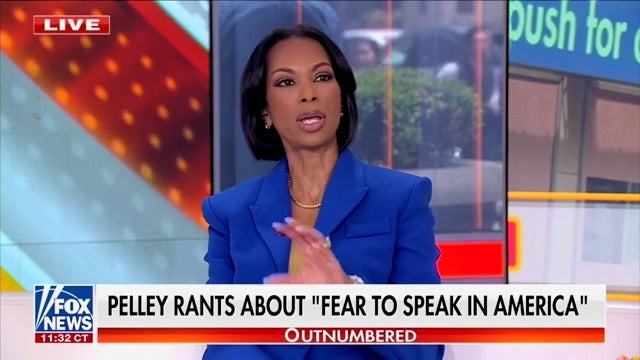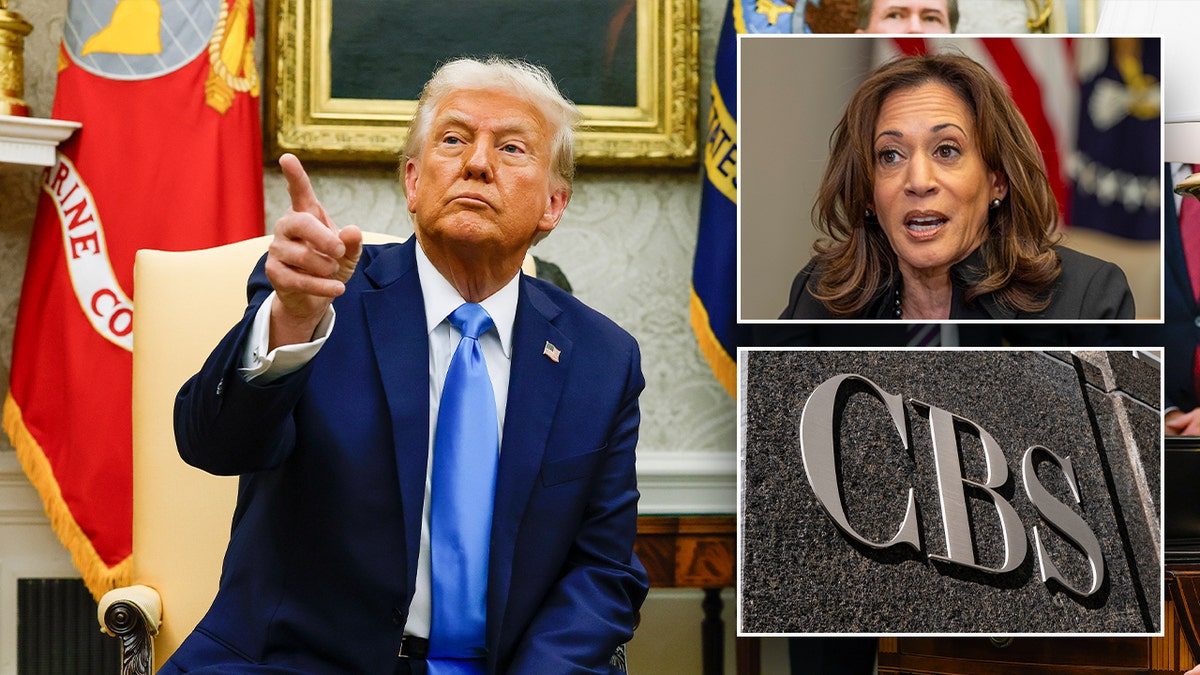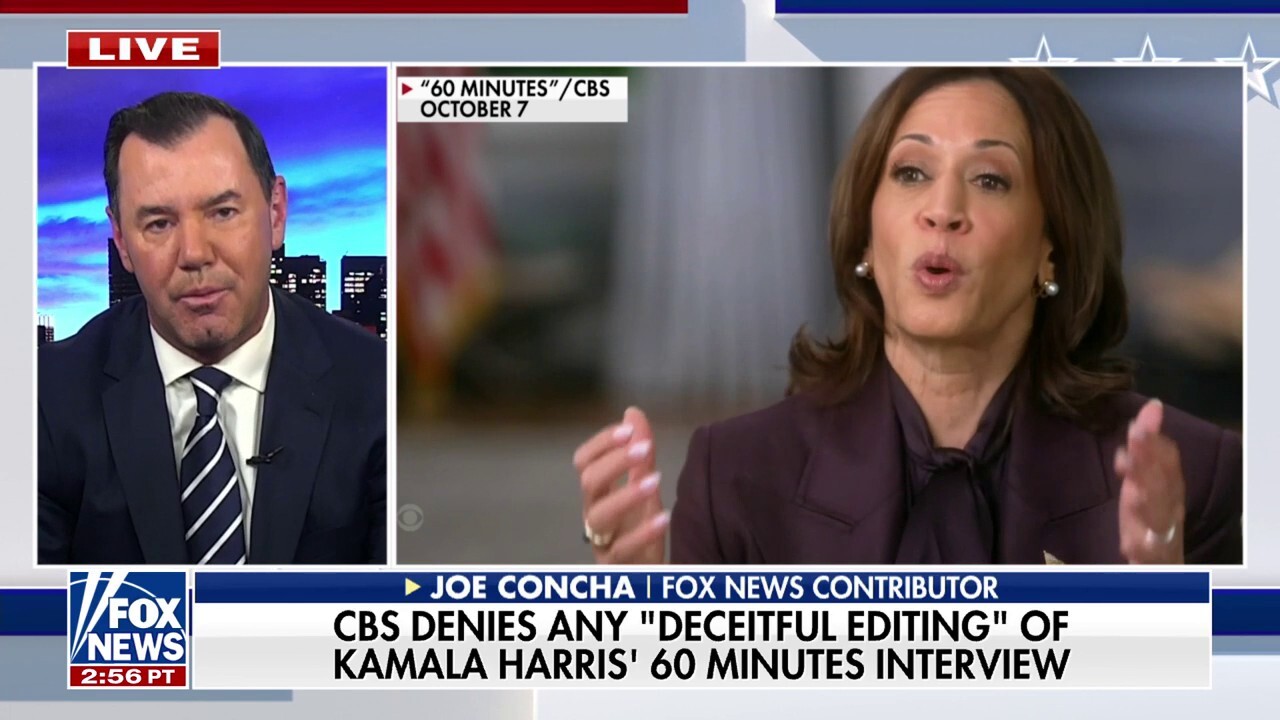Fox News Meltdown After ‘60 Minutes’ Anchor Attacked Trump
In recent weeks, tensions have escalated between Fox News and mainstream media, particularly after a pointed critique by ’60 Minutes’ anchor Scott Pelley. During a commencement address at Wake Forest University, Pelley confronted the current state of journalism, hinting at its struggles while framing his comments in a way that many interpreted as an indirect jab at Donald Trump. In response, conservative commentator Laura Ingraham didn’t hold back, unleashing a fervent attack on both Pelley and the larger media establishment.
Laura Ingraham’s Critique of Scott Pelley
On her show, “The Ingraham Angle,” Laura Ingraham seized the opportunity to respond to Pellley’s comments, labeling him a “tool” of the mainstream media. She argued that traditional news organizations like CBS are suffering from a credibility crisis, emphasizing a decline in trust among viewers. Ingraham recalled her past professional interactions with Pelley, suggesting a shift in his career trajectory—pointing to low ratings as a reason for his departure from CBS Evening News. By dismissing Pelley as a “whiny liberal,” Ingraham aimed to undermine his authority.
The Issue of Credibility Among Major News Networks
Ingraham’s barrage included critiques of CBS’s operational challenges, such as the highly publicized resignation of the executive producer of “60 Minutes.” This situation, she argued, reflects a broader pattern of dysfunction plaguing traditional media. According to Ingraham, established networks like NBC, ABC, and CBS are struggling to reconcile their perceived biases while failing to convince the public that their perspectives are neutral. She claimed that these networks operate under the delusion that the audience is oblivious to their liberal leanings, positioning herself as a voice for the discerning viewer.
Alternative News Sources and the Changing Media Landscape
The clash between Ingraham and Pelley illustrates a significant transition in the media landscape. Ingraham pointed out how traditional outlets have lost influence, confronting an array of competitors—including talk radio, online platforms, and even Fox News itself—that have emerged as viable alternatives for news consumption. She suggested that Pelley was “shouting into the wind,” an assertion emphasizing her view that traditional media is outdated and out of touch with current audiences.
Pelley, in his commencement address, contended that tensions between the media and political realms have fostered an environment where ignorance is used as a political tool. He stressed that the sanctity of journalistic ethics must be upheld to combat this trend. Yet, Ingraham rebutted his claims, insisting that the network he represents frequently provides a protective shield for certain political agendas while neglecting its own biases in the process.
Throughout this media confrontation, the underlying theme is one of accountability—or the lack thereof—in journalism. It sheds light on the polarized world of news where divergent perspectives clash, often leading to dramatic exchanges like that between Ingraham and Pelley. As partisanship continues to deepen, it will be interesting to see how these relationships evolve, particularly with audiences growing more fragmented and discerning about their news sources.
Conclusion
The fiery exchange between Fox News and CBS exemplifies the current turbulence in American journalism, highlighting the divergence in perspectives about media bias and credibility. As discussions around accountability in reporting gain more traction, it’s crucial for consumers to stay informed. For more insights and updates on media dynamics, subscribe to our newsletter and join the conversation!





